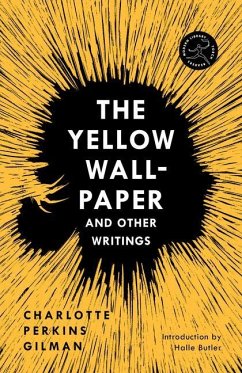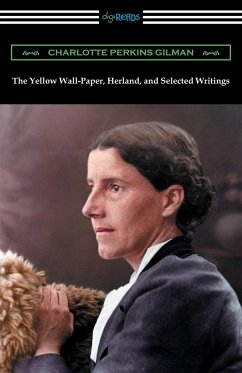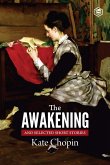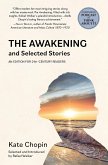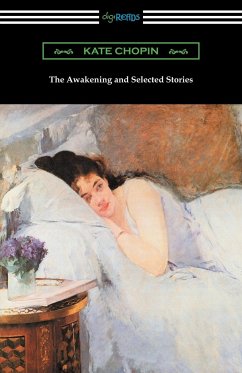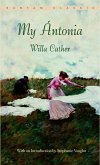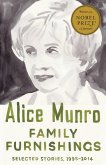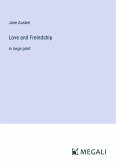Collected fiction and essays by a pillar of the American feminist canon with an introduction by Halle Butler, a National Book Award Foundation 5 Under 35 honoree and a Granta Best Young American Novelist
Charlotte Perkins Gilman was a writer, editor, and journalist whose poems, articles, short stories, and novels had a single focus: equality for women. Although best known for The Yellow Wall-Paper, her spine-chilling takedown of the rest cure prescribed for postpartum depression, Gilman spent her life advocating for a woman s right to an education, to creative self-expression and economic self-sufficiency, and an end to the consumerism that blinded women to the ways that society held them back.
This collection brings together Gilman s best-known work with her lesser-known satirical short stories to provide an overarching introduction to this relentless ideologue.
The Modern Library Torchbearers series features women who wrote on their own terms, withboldness, creativity, and a spirit of resistance.
Charlotte Perkins Gilman was a writer, editor, and journalist whose poems, articles, short stories, and novels had a single focus: equality for women. Although best known for The Yellow Wall-Paper, her spine-chilling takedown of the rest cure prescribed for postpartum depression, Gilman spent her life advocating for a woman s right to an education, to creative self-expression and economic self-sufficiency, and an end to the consumerism that blinded women to the ways that society held them back.
This collection brings together Gilman s best-known work with her lesser-known satirical short stories to provide an overarching introduction to this relentless ideologue.
The Modern Library Torchbearers series features women who wrote on their own terms, withboldness, creativity, and a spirit of resistance.

